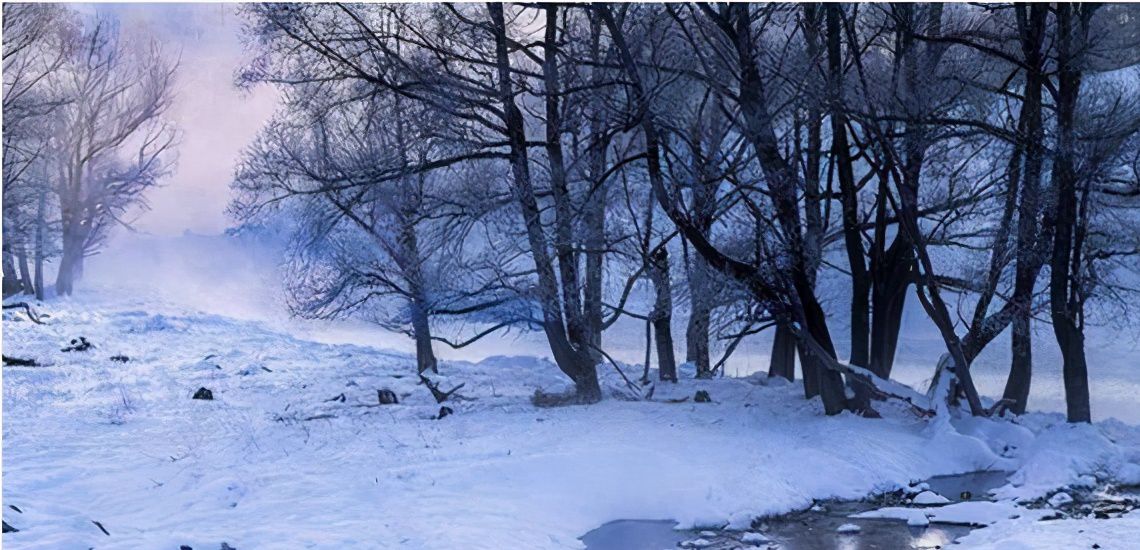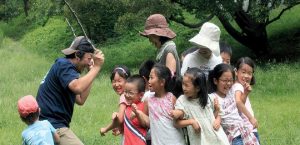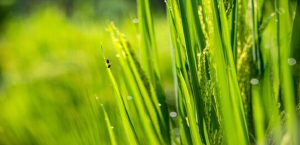Abstract:
Impact assessments of extreme weather events on society are urgent issues in the world. While assessments of economic damages that caused by extreme weather events have been conducted, few researches focus on economic structures such as inequalities. Reducing economic inequalities by 2030 is one of the most important Sustainable Development Goals (SDG10). To investigate whether an extreme weather event affects an economic structure, we focus on the Mongolian pastoral system, which has tightly coupled socio-ecological interactions. Winter disasters, known as “dzuds” in Mongolia, have often caused livestock drastic mortality. It had been occurred in 2009-2010 and livestock number dropped around 20% across the country. We examined whether the climatic disaster affected economic inequality among herders by using long-term panel data of livestock number per household in Saintsagaan, Dundgovi prefecture. We got datasets for 1109-1140 households during 2004-2013, and extract 271 households who were in Saintsagaan for whole research period. Using the Gini coefficient, we quantified temporal changes in economic inequality based on the sheep forage unit per household during the period. We found a significant expansion of economic disparity after the disaster. These results suggested that the winter disaster has intensified economic disparity among herders. Especially, economic resilience to the disaster may be varied among herders, because the recovery rate was differed by herders’ economic conditions; rich herders tend to increase their livestock while many poor herders did not after the disaster. Rich herders may be able to take cost for long-distant movement, and previous studies suggested that long-distance movements during summer and autumn play an important role to increase livestock number. We empirically showed that an extreme weather event has intensified economic disparity among herders. Moreover, poor herders may be more negatively affected by extreme climate change, because of low recovery rate of livestock number after a disaster. These results suggested that future climate changes may cause transition of social and economic structure, especially in regions where livelihood largely depends on ecosystems. Supports for poor herders after a disaster may be critical for equitable economic development.
Speaker: Dr. KAKINUMA
Affiliation: Shanghai University & Tohoku University
Time: Apr. 20,2021
Venue: The Conference Hall in Xishuangbanna Headquarter
The 101 meeting room in Kunming Division (video conference)
Link链接: https://pan.baidu.com/s/1bvYnSmlBOeGG0MfV9P642A 提取码PWD: cvqr



